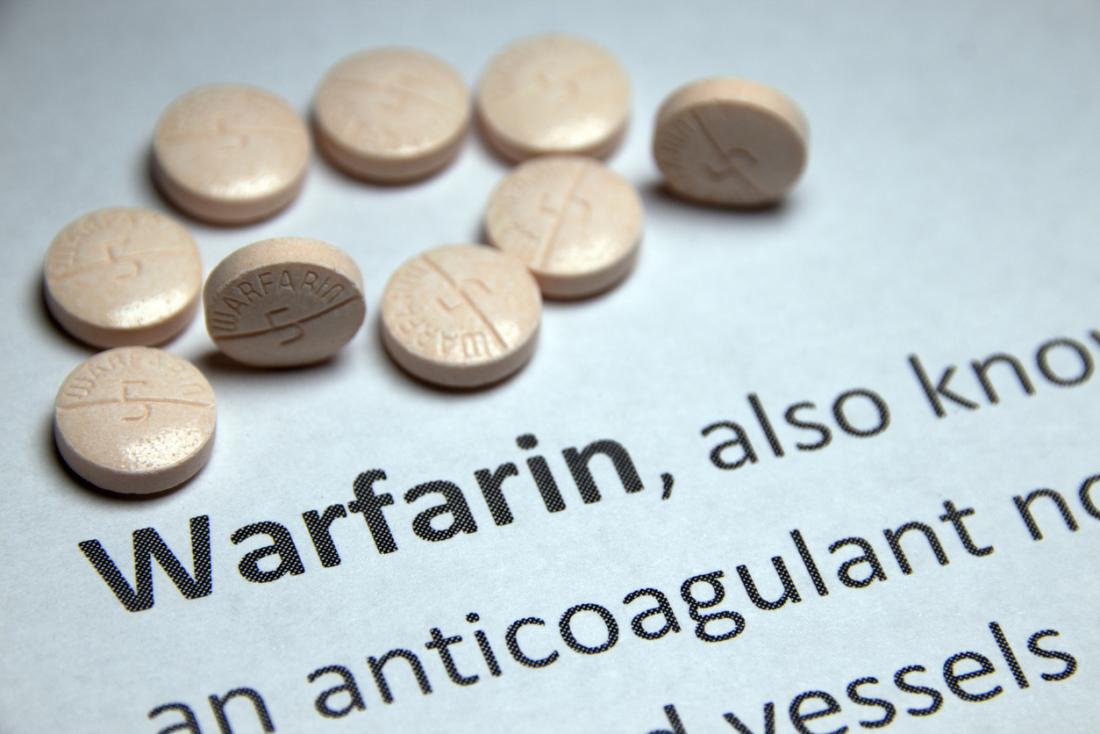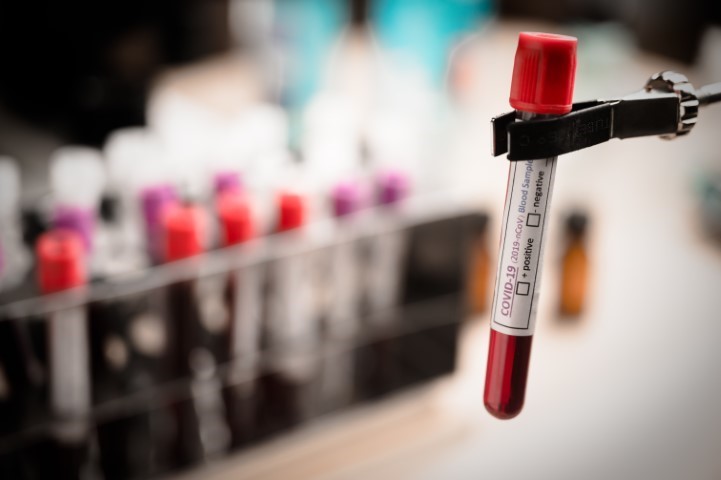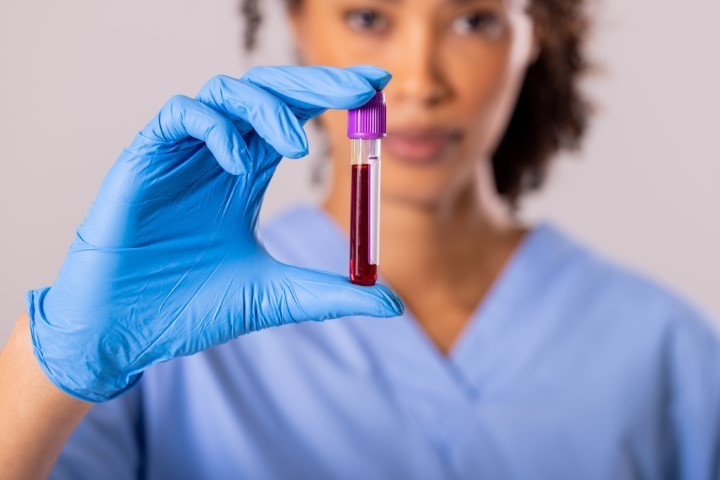Bio-degradable cards
Every card imaginable!
|
Bio-degradable cards Every card imaginable! All You Need to Know About Warfarin
Understanding Warfarin: What Is It and How Does It Work?
1. What is Warfarin?Warfarin is a medication commonly prescribed as a blood thinner or anticoagulant. It’s used to prevent the formation of blood clots, which can lead to severe conditions like strokes, heart attacks, or deep vein thrombosis (DVT). Warfarin is particularly useful for individuals with conditions such as atrial fibrillation or those who have had heart valve replacements, where the risk of clot formation is higher.
2. How does Warfarin work?Warfarin works by interfering with the body’s ability to produce Vitamin K, a vital nutrient needed for blood clotting. By reducing the activity of Vitamin K, Warfarin decreases the production of clotting factors in the liver, which are essential for the blood to clot. This makes the blood less likely to form dangerous clots that could block blood vessels and lead to serious health issues.
3. Why is Warfarin prescribed?Warfarin is prescribed to prevent the formation of harmful blood clots in people at risk of developing them. It's often prescribed for those with irregular heart rhythms (like atrial fibrillation), after a heart attack, or after surgery that may increase the risk of clots. Warfarin is also prescribed to those with deep vein thrombosis (DVT) or pulmonary embolism (PE), where clots have already formed, to prevent them from worsening or reoccurring.
4. How long does it take for Warfarin to work?Warfarin doesn’t work immediately. It usually takes about 2-3 days for the effects to become noticeable, and it may take up to a week to achieve full anticoagulant effects. This delay occurs because Warfarin gradually reduces the levels of existing clotting factors in the blood. During the initial phase of treatment, healthcare providers may monitor your blood levels closely and adjust the dosage to ensure the medication is working effectively without increasing the risk of bleeding. 
Managing Warfarin Treatment: Dosage, Side Effects, and Monitoring
5. How is Warfarin dosage determined?The dosage of Warfarin is highly individualised and depends on several factors, including your age, weight, diet, and overall health, as well as other medications you might be taking. Regular blood tests, specifically the International Normalised Ratio (INR) test, are used to monitor how long it takes for your blood to clot. Based on your INR results, your doctor will adjust your Warfarin dosage to keep your blood clotting time within a safe and effective range.
6. What are the common side effects of Warfarin?The most common side effect of Warfarin is bleeding, which can range from minor issues like nosebleeds or bruising to more severe problems such as gastrointestinal bleeding or bleeding in the brain. Other side effects may include nausea, loss of appetite, and mild rash. If you experience any signs of serious bleeding, such as prolonged bleeding from cuts, unusual bruising, blood in your urine or stools, or coughing up blood, you should seek medical attention immediately.
7. How often should you have your INR checked while on Warfarin?The frequency of INR checks depends on how stable your blood levels are. Initially, when you start Warfarin, you might need to have your INR checked every few days to ensure your dosage is correct. Once your levels stabilise, you may only need a test every few weeks. However, any changes in your diet, medication, or health condition may require more frequent testing. Regular monitoring is essential to ensure that Warfarin is working effectively and that you’re not at risk of either excessive clotting or bleeding.
8. Can Warfarin cause hair loss?Yes, hair loss is a less common side effect of Warfarin. It’s usually not severe and may be temporary, but it can be distressing for some people. If you notice significant hair loss, it’s important to discuss it with your healthcare provider. They may check for other possible causes of hair loss, such as nutritional deficiencies or other medications, and provide guidance on how to manage it. 
Warfarin and Lifestyle: Diet, Exercise, and Interactions
9. What foods should you avoid while taking Warfarin?While on Warfarin, it’s important to maintain a consistent intake of Vitamin K, as it can affect how the drug works. Foods high in Vitamin K, such as leafy green vegetables (e.g., spinach, kale, and broccoli), can reduce the effectiveness of Warfarin. It’s not necessary to avoid these foods entirely, but you should keep your intake consistent from day to day. Sudden changes in your diet can lead to fluctuations in your INR levels, potentially making Warfarin less effective or increasing your risk of bleeding.
10. Can you drink alcohol while taking Warfarin?Moderate alcohol consumption may be safe for some people taking Warfarin, but it’s crucial to discuss this with your healthcare provider. Excessive alcohol intake can increase the risk of bleeding and interfere with how Warfarin works. Alcohol can also affect your liver function, which is important in processing Warfarin. If you choose to drink, it’s essential to do so in moderation and ensure your healthcare provider is aware of your alcohol consumption.
11. How does exercise affect Warfarin treatment?Exercise can be beneficial for overall health, including heart health, which is often a concern for those on Warfarin. However, it’s important to be cautious with activities that have a high risk of injury, as even minor cuts or bruises can lead to more serious bleeding while on Warfarin. Low-impact exercises such as walking, swimming, and cycling are generally safe. Always consult with your healthcare provider before starting any new exercise routine to ensure it won’t interfere with your Warfarin treatment.
12. Can you take other medications while on Warfarin?Many medications, including over-the-counter drugs and herbal supplements, can interact with Warfarin, either increasing the risk of bleeding or reducing its effectiveness. Common medications that interact with Warfarin include aspirin, ibuprofen, and some antibiotics. Always inform your healthcare provider about any new medications, including non-prescription ones, to avoid potential interactions. They may need to adjust your Warfarin dosage or suggest alternative treatments to minimise risks. 
Special Considerations: Pregnancy, Travel, and Alternatives to Warfarin
13. Is Warfarin safe during pregnancy?Warfarin is generally not recommended during pregnancy, particularly in the first trimester and towards the end of pregnancy, as it can cause birth defects and other complications. If you’re pregnant or planning to become pregnant, it’s essential to discuss alternative anticoagulants with your healthcare provider. Heparin, for example, is often considered a safer option during pregnancy. Your doctor will weigh the benefits and risks to ensure the best possible outcome for both you and your baby.
14. Can you travel while taking Warfarin?Travelling while on Warfarin is possible, but it requires careful planning. Make sure to pack enough medication to last your trip, along with a copy of your INR results and a letter from your doctor explaining your treatment. If you’re flying, it’s important to stay hydrated, move around regularly, and wear compression stockings to reduce the risk of developing blood clots during long flights. Be mindful of time zone changes, which can affect your medication schedule, and ensure you have access to medical care in case of emergencies.
15. What should you do if you miss a dose of Warfarin?If you miss a dose of Warfarin, take it as soon as you remember, unless it’s almost time for your next dose. In that case, skip the missed dose and take your next dose at the regular time. Do not take a double dose to make up for the missed one, as this can increase your risk of bleeding. If you’re unsure what to do, contact your healthcare provider for advice. Regular monitoring of your INR levels will help ensure that a missed dose doesn’t cause significant problems.
16. Are there alternatives to Warfarin?Yes, there are several alternatives to Warfarin, including newer anticoagulants such as apixaban, rivaroxaban, and dabigatran. These medications work differently from Warfarin and don’t require regular INR monitoring, making them more convenient for some people. However, they also have their own risks and may not be suitable for everyone. Discuss with your healthcare provider whether an alternative anticoagulant might be a better option for you, considering your specific medical history and needs.
© 2024 The Card Project Uk Ltd
VAT: 453 2087 06
|